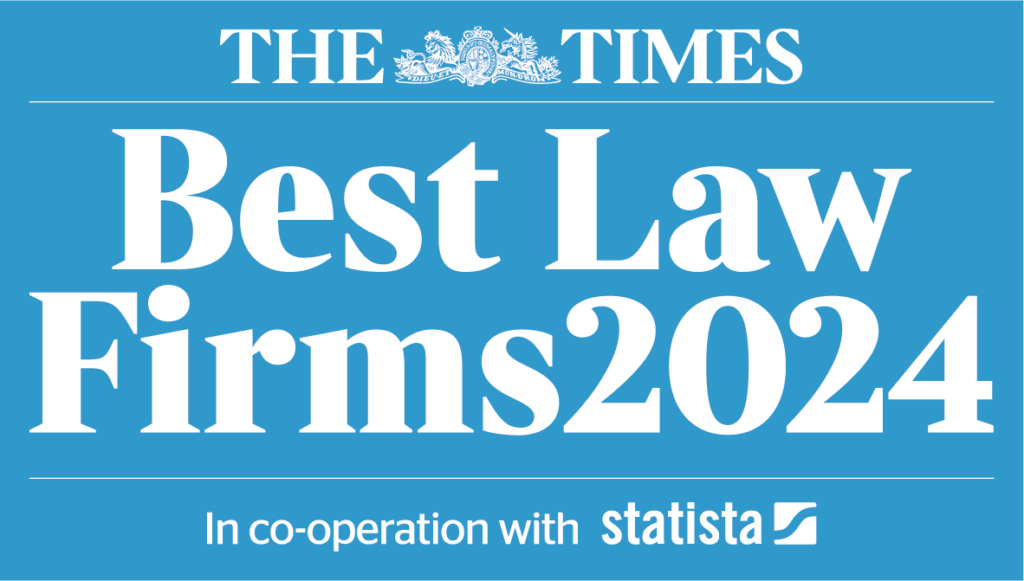Disciplinary & Grievance Lawyers
Our Employment Law team will be able to assist and advise on the process that you should follow if the employer finds itself needing to discipline one of its employees.
Disciplinaries & Grievances
We have a number of specialist employment lawyers within our employment law team that will be able to assist and advise on the process you should follow if find yourself with a disciplinary or grievance.
Disciplinaries are formal procedures which are instigated by employers due to the alleged misconduct of an employee. It is important for an employer to follow a thorough and fair disciplinary process to reduce the risks of any potential claims against it.
Our team of specialist employment lawyers can advise on how to follow the correct disciplinary procedure, support senior management or HR in meetings and assist with drafting the required documentation to reduce the risk of a claim for unfair dismissal and to help alleviate the stress that may be caused by the situation.
FAQs
What to do if you want to commence a disciplinary process
Employers must follow a fair and thorough process prior to disciplining or dismissing an employee. Employers must thoroughly investigate and obtain evidence of the misconduct prior to commencing the disciplinary process. This should include an investigatory meeting with the employee who has committed the alleged misconduct. Once you have obtained the information you should invite the employee to a disciplinary hearing, at which they will have the right to be accompanied.
If an employer does not have its own disciplinary process, employers should at least follow the procedure set out in the ACAS Code of practice.
What steps can be taken upon the outcome of a disciplinary action?
You have the following outcomes available to you after following a disciplinary process:
- No further action
- First written warning
- Final written warning
- Dismissal for misconduct
- Dismissal for gross misconduct
What are the risks if a disciplinary process is not properly handled?
If an employer does not follow the disciplinary process correctly, the employer may be at risk of receiving a claim from an employee for unfair dismissal. If the employee succeeds in a claim, you could be subject to a compensatory award. Furthermore, if you do not follow the correct procedure as per the ACAS code you may be subject to a 25% uplift to any award that is ordered against you.
I have been invited to a disciplinary hearing, can I take someone?
Yes, you are legally entitled to take a work colleague or a Trade Union Representative.
I have been placed on a performance improvement plan, what can I expect?
A performance improvement plan “PIP” is commonly used to manage underperformance of an employee. A PIP should always be set out in writing and will ideally identify where you are underperforming, the level of improvement expected, the time frame for improvement and any assistance that will be provided.
Grievances are formal complaints that are raised by employees that are unhappy with the way that they have been treated. A grievance is normally a precursor to an employee resigning from the Company and therefore must be addressed in a fair and considerate manner. Dealing with a grievance can be distressing for all parties involved and advice should be sought.
Our employment lawyers have extensive experience in dealing with grievances and will be able to advise on the steps that you need to follow to ensure that you deal with all parties involved within the grievance fairly.
FAQs
Why might an employee bring a grievance?
An employee is likely to raise a grievance if they are unhappy or dissatisfied about something that has occurred in the workplace. A grievance will normally relate to the treatment that the employee has received from their managers or colleagues.
What do I do if the company receives a grievance?
Most employers will have a grievance policy which sets out the steps that the Company are required to follow. If the Company does not have a policy you should follow a fair process as per the Acas Code of Practice. To do this you should investigate the concerns; have a meeting with the employee (at which they have the right to be accompanied) and interview any witnesses prior to reaching a decision. The outcome of the grievance should be communicated in writing to the employee. Following the employee receiving the outcome of the grievance, you should provide them with the opportunity to appeal the decision.
What if I don't handle a grievance properly ?
If you do not handle a grievance properly and the employee submits a claim at the Employment Tribunal you are at risk of the Judge awarding a 25% uplift to any compensation that may be awarded to the employee.
Legal Insight
Meet the Team
Related expertise
Best Law Firms 2024
Herrington Carmichael has once again been named in the Times Best Law Firms. We were first listed in 2023 and have once again made the Best Law Firms list for 2024.











